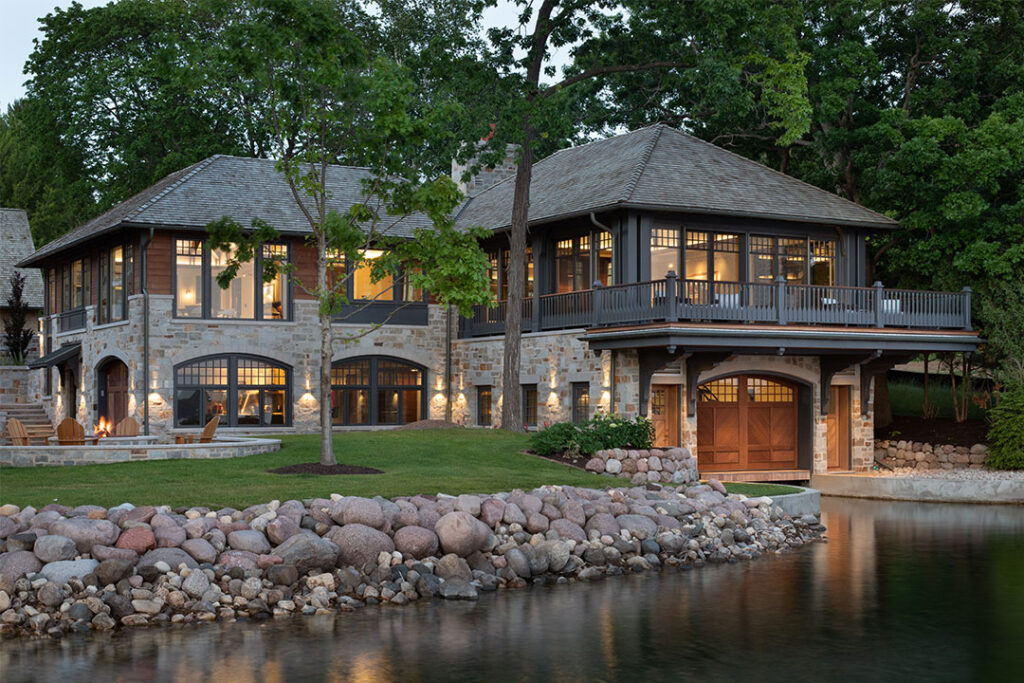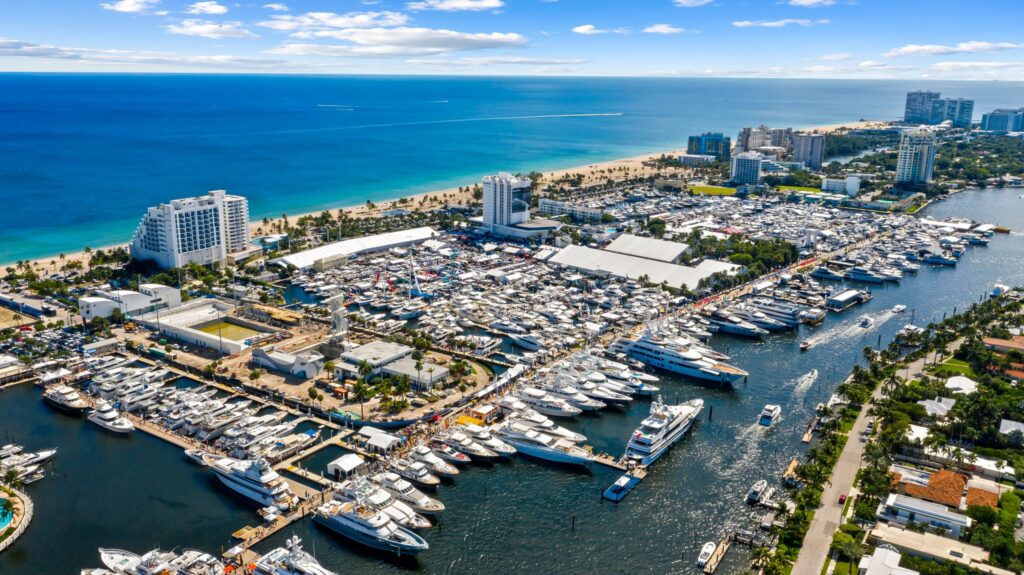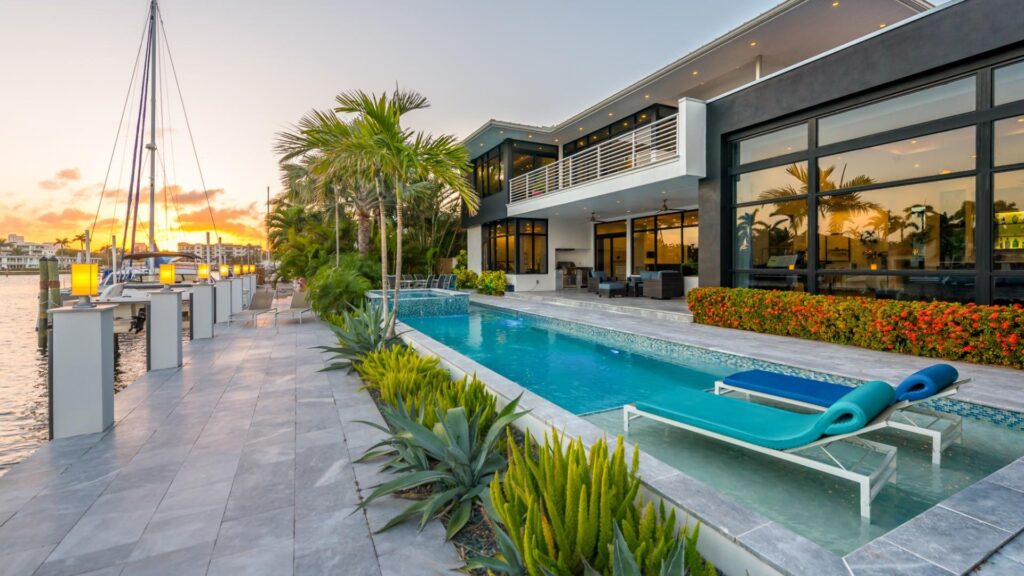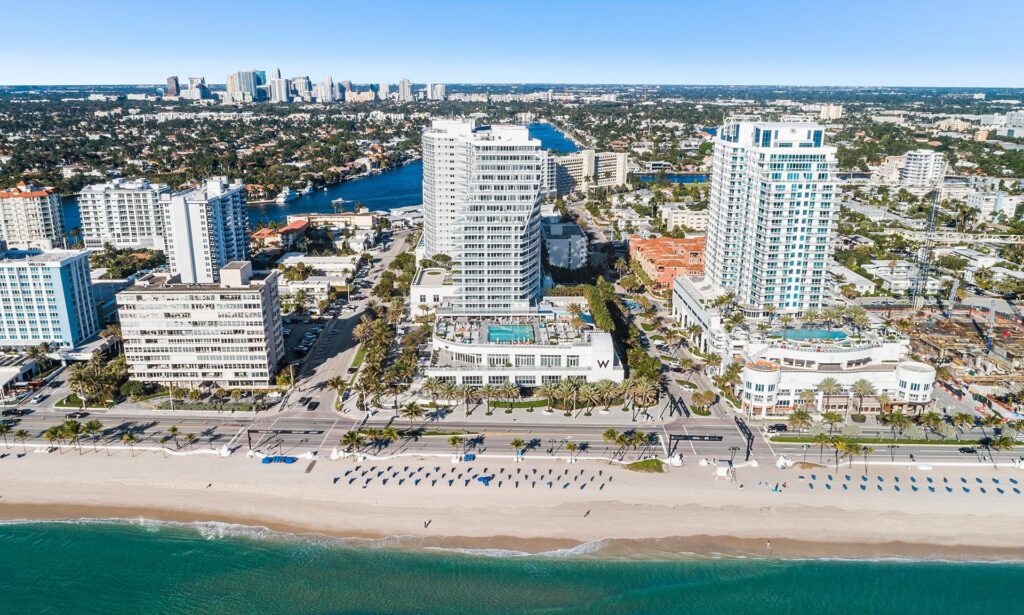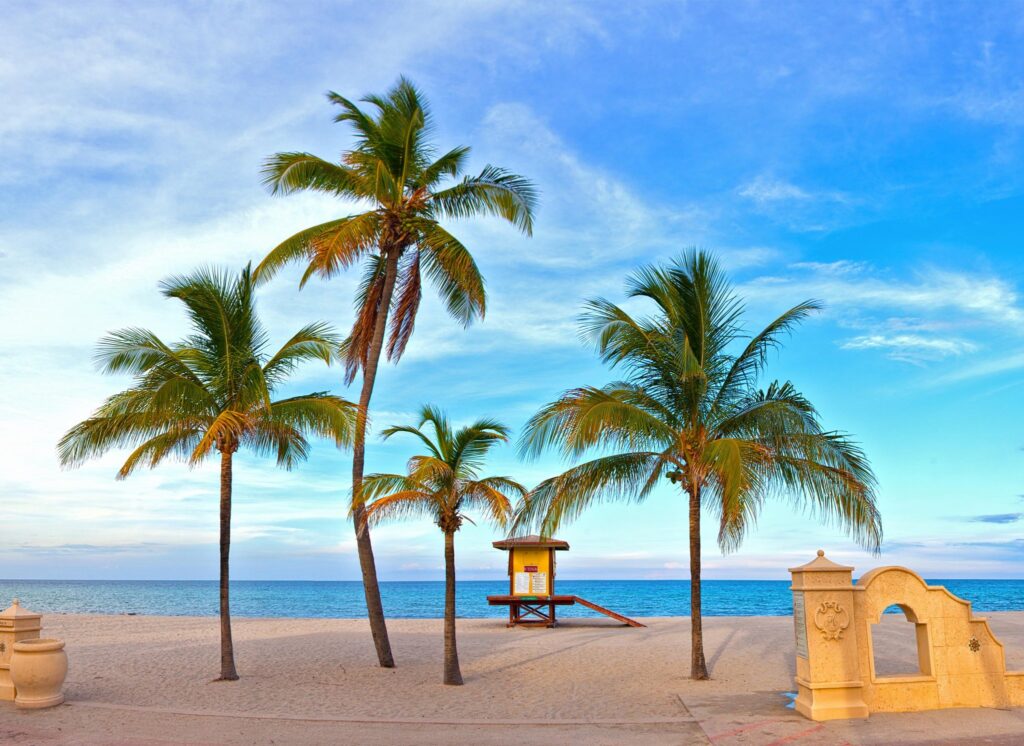Pros and Cons of Buying a Lake House
Imagine waking up to the serene beauty of a glistening lake every morning or spending lazy afternoons by the water, savoring its tranquility. Buying a lake house can be a dream come true for many, providing an idyllic escape from the hustle and bustle of city life. However, like any significant investment, owning a lake house has its own advantages and disadvantages. In this article, we’ll explore the pros and cons of buying a lake house to help you decide if you’re considering this picturesque investment.
Pros of Buying a Lake House
1. Stunning Views and Scenic Surroundings
One of the most enchanting aspects of owning a lake house is the mesmerizing view it provides. The picturesque scenery with the lake’s sparkling waters, lush greenery, and captivating sunsets can create a breathtaking backdrop for your daily life.
2. Relaxation and Stress Relief
Living by the lake offers a tranquil and peaceful environment, far from the noise and stress of the city. The serene atmosphere can have a positive impact on mental health, promoting relaxation and reducing anxiety.
3. Recreational Activities
Lake houses provide easy access to a plethora of recreational activities. From swimming, fishing, and boating to hiking and picnicking, there’s never a dull moment for nature enthusiasts and outdoor lovers.
4. Privacy and Serenity
Unlike in urban settings where houses are closely packed, lake houses offer more privacy and space. You can enjoy a sense of seclusion, making it an ideal retreat for those seeking solitude.
5. Potential Investment and Rental Income
A well-located lake house can be a sound investment, as waterfront properties tend to hold their value well. Moreover, you can earn extra income by renting your property to vacationers during peak seasons.
6. Community and Social Opportunities
Lake communities often foster a strong sense of camaraderie among residents. Engaging in local events, social gatherings, and water-based activities can lead to meaningful friendships and lasting memories.
Cons of Buying a Lake House
1. High Upfront Costs
Lakefront properties are often premium real estate; purchasing a lake house can involve high upfront costs. Additionally, insurance and property taxes may be higher due to the property’s location.
2. Limited Accessibility
Some lake houses may be situated in remote areas, making daily commutes to work or access essential services more challenging. This lack of accessibility can be a drawback for those who require frequent access to urban amenities.
3. Maintenance Challenges
Living close to water requires consistent maintenance to combat moisture damage, mold, and pests. The cost and effort involved in preserving the property can be higher than houses in less humid areas.
4. Weather and Natural Hazards
Lake houses are more exposed to weather extremes, such as heavy rains and storms, which can lead to flooding or erosion. Understanding the local climate and potential hazards is crucial before making the purchase.
5. Seasonal Fluctuations
Some lake regions experience significant fluctuations in population and activities based on the seasons. While summers may be bustling and vibrant, winters could be quieter with limited recreational opportunities.
6. Environmental Concerns
Living near a lake means being conscious of environmental issues like water quality, algae blooms, and ecological balance. Being responsible stewards of the environment becomes essential to preserve the natural beauty of the surroundings.
Is a Lake House Right for You?
Owning a lake house can be a dream lifestyle for those who appreciate nature’s beauty and seek tranquility. However, it’s vital to consider your financial situation, lifestyle preferences, and long-term goals before taking the plunge. If you can afford the investment and are willing to embrace the unique challenges and rewards of lakeside living, a lake house might be a perfect fit for you.
FAQs
Q1: Are lake houses only suitable for vacation homes?
Depending on individual preferences, lake houses can serve as vacation homes or primary residences. Some people live by the lake year-round, while others use their properties as seasonal getaways.
Q2: Can I use a lake house for rental income?
Yes, renting out your lake house to vacationers during peak seasons can be a viable way to generate additional income.
Q3: How do I ensure the lake house is well-maintained?
Regular inspections, prompt repairs, and preventive measures against moisture-related issues can help ensure your lake house remains in good condition.
Q4: What are some popular lake house locations in the United States?
Several popular lake house destinations in the U.S. include Lake Tahoe, Lake Lanier, and the Finger Lakes region.
Q5: Do lake houses offer water sports facilities?
Many lake communities have water sports facilities, marinas, and boat docks, providing ample opportunities for water-based activities.
Conclusion
A lake house offers a slice of paradise, combining natural beauty with calm and relaxation. The stunning views, recreational opportunities, and investment potential make it an enticing option for many. However, the high costs, maintenance challenges, and environmental considerations require careful thought and planning. By weighing the pros and cons, you can determine whether a lake house aligns with your aspirations for a harmonious and blissful life by the water’s edge.

